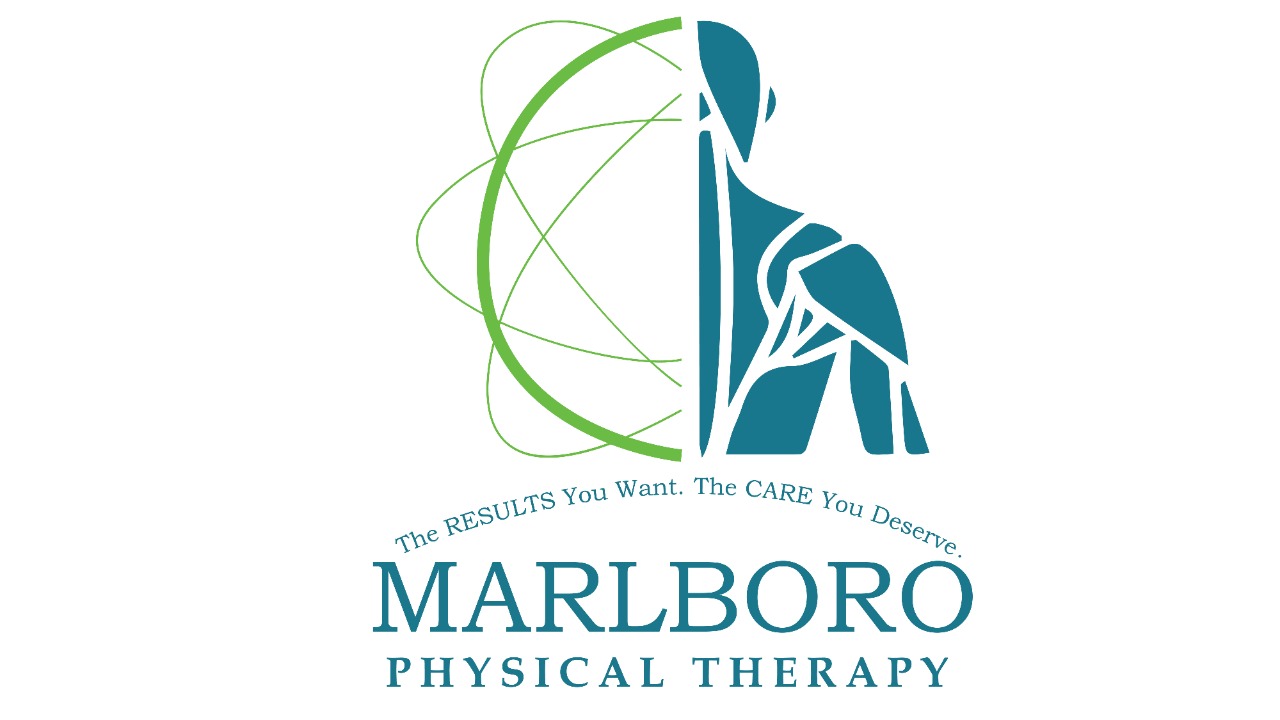
What Is Vestibular Therapy?
As many as 35% of Americans over 40 have experienced some form of vestibular dysfunction. 80% of Americans over age 65 have experienced dizziness. People with vestibular disorders often experience problems with vertigo, dizziness, visual disturbance, and/or imbalance. Other problems can also arise that are secondary to vestibular disorders, such as nausea and/or vomiting, reduced ability to focus or concentrate, and fatigue. Symptoms due to vestibular disorders can also diminish quality of life and impact all aspects of daily living.
What Is The Vestibular System?
Your vestibular system is composed of three canals and two sacs filled with fluid. The fluid shifts when you turn your head or change positions and stimulates hair cell receptors to tell the brain what’s happening. The brain then uses this information to maintain balance and help the eyes stay focused. Problems in the vestibular system can be caused by how/when the receptors fire or by problems with the nerves that transmit this message to the brain.
What Is Vertigo?
Vertigo is the feeling of a rocking or rotation when you are perfectly still. It tends to last for several hours or days. Medically, it is distinct from dizziness because it involves the sensation of movement.
The Primary Causes of Vertigo are:
- Peripheral Vertigo – BPPV, Vestibular Neuronitis, Meniere’s disease, head injury, ear infection, side effects of medication.
- Central Vertigo – Injury or brain disease like migraine, brain tumor, stroke, acoustic neuroma, multiple sclerosis.
- Our body balance is the result of the complex coordination of our eyes, sensory nerves and inner ear. While eyes determine our position in the surroundings by virtue of vision, the sensory nerves transmit messages to the brain and receive signals and the inner ear with its fluid system perceives gravity and motion. All these actions functioning in synchronization gives us proper body balance. Any disorder in the inner ear or the sensory nerve causes confusion in the brain and we lose our perception of balance and motion leading to vertigo.
Symptoms
Peripheral Vertigo Symptoms:
- Loss of body balance
- Dizziness
- Impaired hearing
- Vomiting
- Nausea
- Earache
Central Vertigo Symptoms:
- Sudden loss of balance
- Intense feeling of dizziness
- Inability to stand or walk without help
- Uncontrolled eye movement for prolonged periods
- Intense headache
- Weakness
How Physical Therapy Can Help?
Vestibular rehabilitation can be beneficial in alleviating both the primary and secondary problems caused by vestibular disorders. It is an exercise-based program primarily designed to reduce vertigo and dizziness, gaze instability, and/or imbalance and falls. To diagnose vertigo, your physical therapist will take a full history of your symptoms and events. This includes previous medical issues, recent illnesses, and medications. During your physical exam, your therapist will then administer different tests to more objectively evaluate your problems. The therapist will screen the visual and vestibular systems to observe how well eye movements are being controlled. This includes a comprehensive neurological exam to check brain function. This allows for the determination of whether it’s peripheral or central. During your evaluation, The Dix-Hallpike test, which repositions the head and monitors symptoms may also be performed. If the vertigo is found to be peripheral (BPPV), treatment will be the Epley Maneuver, which consists of partial repositioning movements. It is also known as the canalith repositioning procedure in which specific head movements are performed to move the crystals in the inner ear. In addition, Cawthorne head exercises, which is a series of head and eye movements, may also be performed. These exercises will lead to decreased sensitivity of the nerves and improve vertigo.
Vestibular Therapy Exercises may also include:
- Gaze stabilization training
- Balance retraining
- Postural retraining
- Vestibular-occipital reflex
- Gait training
An important part of vestibular rehabilitation is to establish an exercise program that can be performed regularly at home. Compliance with the home exercise program is essential to help achieve rehabilitation and patient goals.
Are you feeling dizzy with a sense of movement? You just might be experiencing vertigo. For more information about vestibular rehabilitation, please feel free to call or contact us today. Our team is made up of enthusiastic, hands-on providers who offer a comprehensive range of services. We look forward to giving you the care you deserve.
